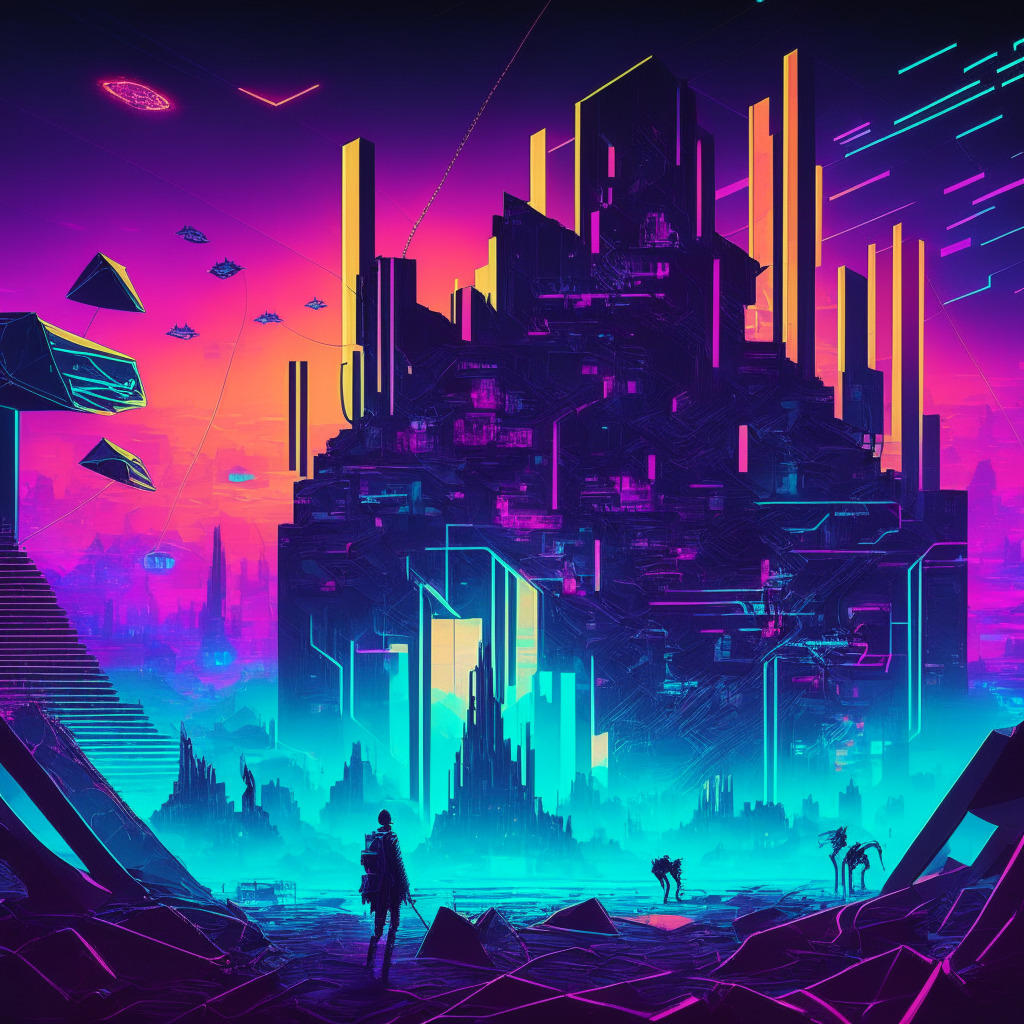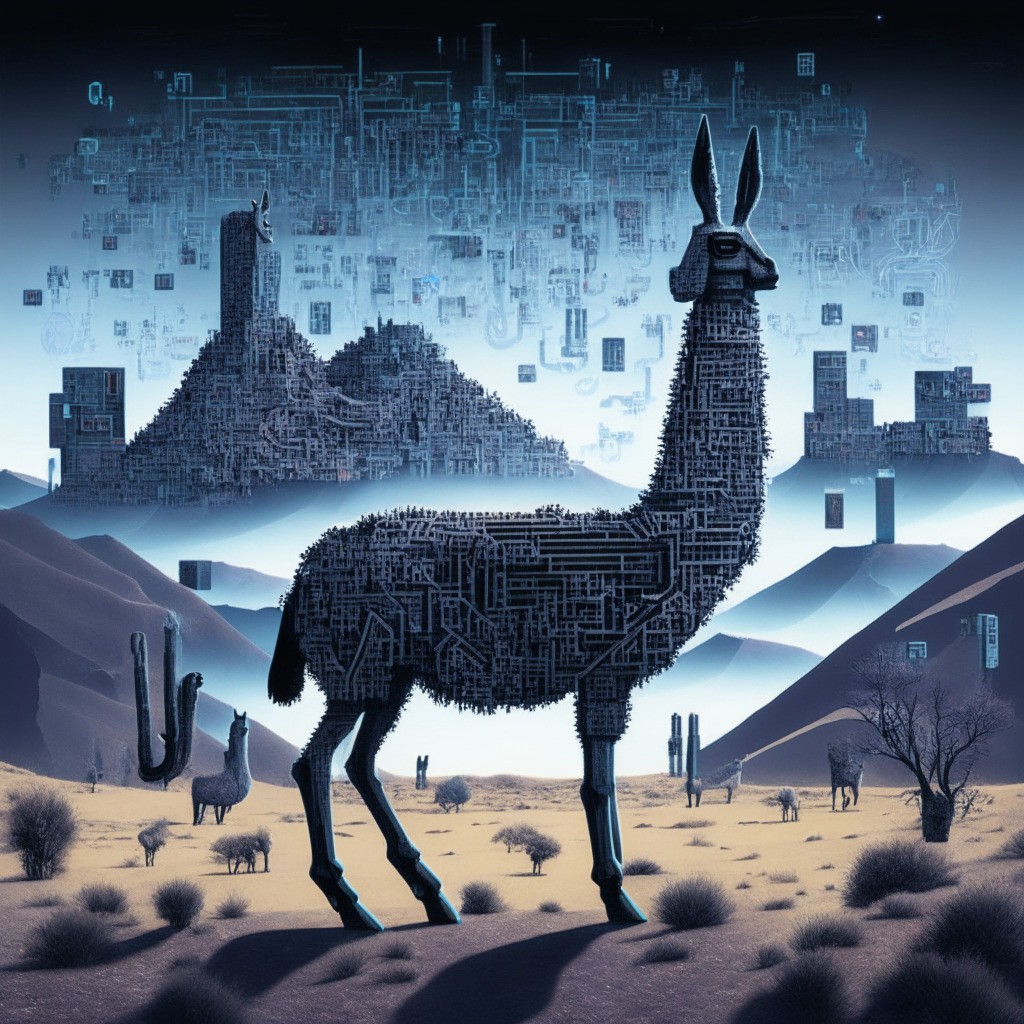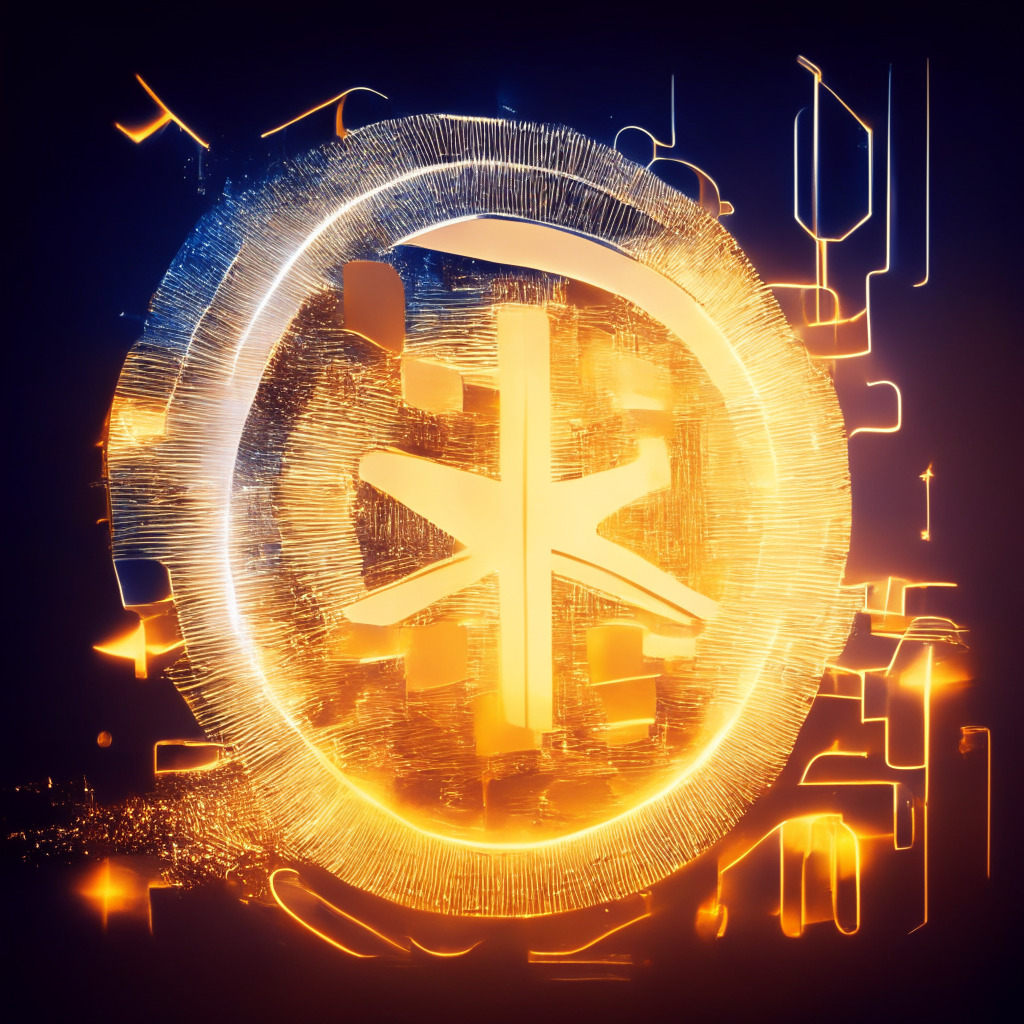The entrance of Web3 into the gaming industry fetches a potent mix of anticipation and skepticism, particularly with the emergence of blockchain gaming. Take for instance, the narrative of Simon Davis, the dexterous CEO of Mighty Bear Games. He swapped his guitar strings for blockchain games controllers and has since been at the helm of the Southeast Asian multiplatform game developer that is embracing Web3 for its unique offerings.
A veteran in the gaming industry, Davis and his team were initially fixated on traditional gaming concepts until the pivot to blockchain in 2022. The allure of blockchain gaming for Davis goes beyond the bit-by-bit accumulation of Bitcoin since 2015. Davis, courtesy of his gaming background, conjectures the evolution of live service titles to player-owned and operated economies underpinned by digital property rights. He maintains that with blockchain, we have just started scratching the surface with significant strides coming up ahead.
However, blockchain gaming and achieving Web3 dominance is no walk in the park. Davis acknowledges that accessing blockchain gaming markets has to go beyond the lofty heights of standard PCs. He posits being bearish on high-end Web3 games owing to the market inertia leaning towards mobile gaming. The state of existing payment channels in regions like Indonesia and Brazil further makes blockchain adoption a mobile-driven shift.
Yet, the hurdles to large-scale adoption are diverse, beyond sole gaming experiences or wallet problem solvers. There is the daunting aspect of user education particularly in areas of private key holdership, a concept not everyone, including Davis’s mother, welcomes. Making the experience idiot-proof paves the way for wider adoption of blockchain gaming and, as Davis injects, meaningful improvements are on the horizon.
Despite the notorious reputation saddling blockchain/NFT gaming, Davis reiterates that perceptions change as people interact with the technology and rub shoulders with blockchain’s bigwigs. It’s all about creating inviting use cases, getting people to interact with Non-Fungible Tokens (NFT), and advancing stealth onboarding as observed with Reddit.
That said, success in the blockchain gaming arena, according to Davis, rests not on vanity metrics like sign-ups but on critical factors such as daily inflow of users and the adoption rate among non-crypto individuals.
The future is sparkling with potential tech upgrades to boost blockchain gaming. Take for instance, the ERC-6551 tokens. It’s a game-changer that allows assets to communicate directly with each other, sans MetaMask. This novelty, according to Davis, affords game developers room for innovation, reputation management, and security.
The tale of Simon Davis at Mighty Bear Games points out the shift towards blockchain gaming coupled with the benefits and challenges on its path. Although the gaming industry is rife with competition, he remains bullish on adoption, heralding the potentials as well as pushing for improvements where necessary. Clearly, the gaming landscape is set for remarkable meta shifts, though how this will pan out remains to be seen.
Source: Cointelegraph




